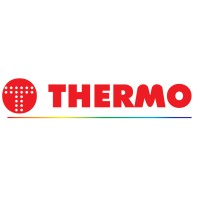
ControlWorks
Controlworks is a leader in building automation and energy management. Our solutions help companies maintain safe, productive and comfortable work environments both within the building and beyond – reducing operating costs, optimising system effciency and maximising return on investment. Established in 2003, Controlworks has delivered a number of landmark building management and technology solutions throughout Australia and New Zealand. From offces in Melbourne, Sydney, Brisbane and Wellington (NZ), we work with customers in the education, healthcare, data centre, retail, hospitality, commercial and industrial sectors. We deliver functional and sustainable outcomes across HVAC, lighting, air quality, access control, CCTV, metering, energy management and other building systems, using open and interoperable communication protocols and a collaborative approach to tailor solutions to client needs. Our solutions achieve a range of customer-centric outcomes including enhancing comfort and effciency, optimising energy usage, achieving building compliance ratings and delivering maximum value for money over your assets lifecycle. We are solutions-oriented, collaborative and fexible in our approach, which helps drive intelligent and fit-for-purpose outcomes and a seamless experience for asset owners, managers and occupants. Our experts provide customised solutions that replace or integrate with existing systems and harness the full potential of your built environments and external areas. When it comes to building automation and energy management, Controlworks is the brains behind your building and beyond.






